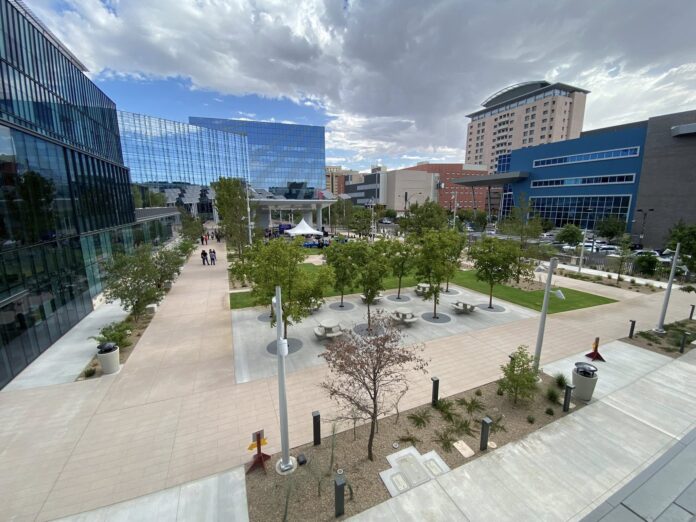Las Vegas Civic Center: A New Public Space Amid Sports Frenzy
In a city known for its glitz and glamour, the recent opening of a new civic center in Las Vegas has sparked discussions about public spaces and community engagement. On a rainy Thursday morning, the atmosphere was calm as city leaders gathered to celebrate the unveiling of a $190 million civic plaza. The location, framed by two modern city office buildings, a 2,000-square-foot art gallery, and green lawns, stands in stark contrast to the extravagant venues typically associated with Sin City.
The Project Background
The civic center reflects a modest investment in public infrastructure when juxtaposed with the substantial $750 million contribution toward the Raiders’ Allegiant Stadium—a $2 billion project that has drawn criticism for prioritizing entertainment over essential services. While the stadium has become an iconic part of the city’s landscape, questions linger about whether Las Vegas is investing enough in its community spaces. A metropolitan area of approximately 2.3 million people needs a blend of resources that includes not just sports but also healthcare, education, and effective public amenities.
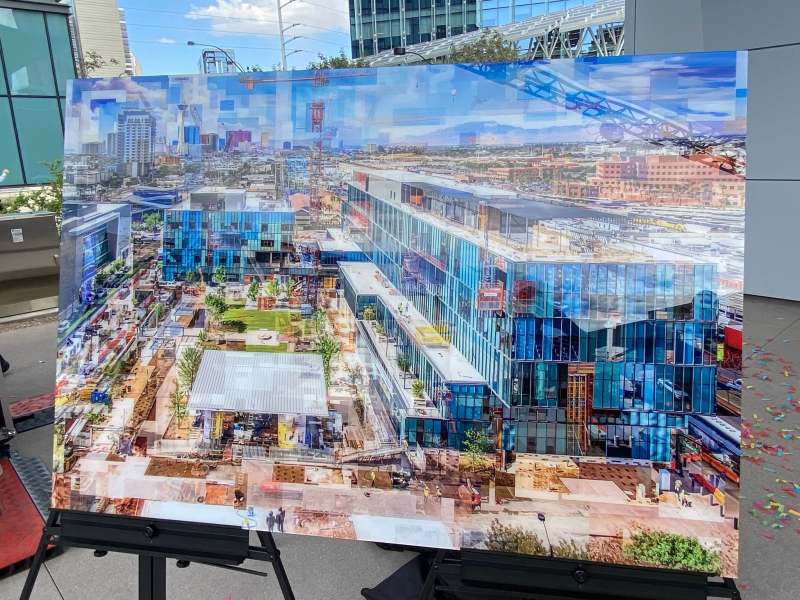
The civic plaza aims to fill a void in downtown Las Vegas, which lacks a centralized gathering spot for locals—a critical aspect of vibrant urban life. Great cities boast public spaces that encourage gatherings and interactions—think New York’s Central Park or Chicago’s Millennium Park. Yet, in Las Vegas, public amenities often seem like an afterthought amidst the push for larger-than-life attractions.
A Mixed Reaction
Despite its modern design, the opening had a noticeably small turnout, prompting reflections on the community’s engagement with public spaces. Oscar Goodman, a prominent advocate for major league sports in the area, emphasized that while having professional teams is vital, so is the development of fundamental community services. The small crowd at the civic center’s opening day hinted at a possible disconnect; while residents appreciate new developments, they may be yearning for more accessible and relatable public spaces.
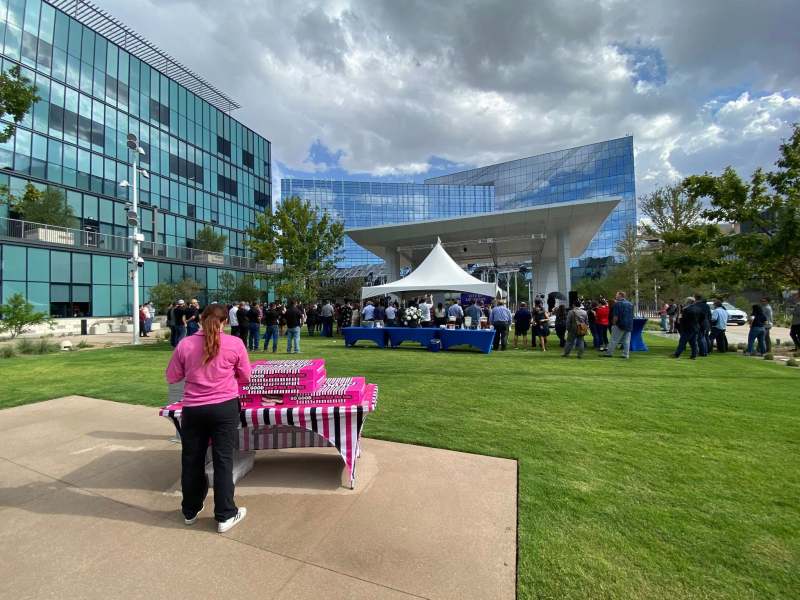
Balancing Priorities
The city’s prioritization of funding for sports venues can overshadow the need for essential services and gathering spaces. The new civic center is a step in the right direction, featuring elements like bike racks—rarely seen on the bustling Las Vegas Strip—indicating a shift towards more community-oriented amenities. However, the size and scope of the green space remain limited and don’t fully address the needs of residents seeking a true public hub.
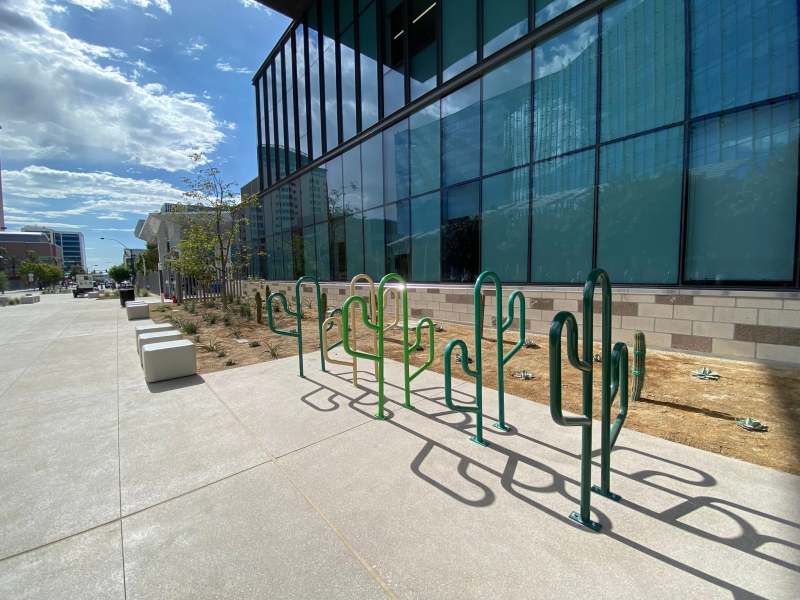
Las Vegas residents deserve spaces that convey the value of community, fostering social interaction and engagement. It’s essential for local government to strike a balance between investing in entertainment venues and constructing spaces that serve everyday citizens.
The Future of Public Spaces
Looking ahead, it prompts a vital conversation: How can Las Vegas evolve to ensure that public funding benefits not only the allure of major sports but also the community infrastructure equally? Can a vibrant civic life emerge, where gatherings happen not just under the bright lights of the Las Vegas Strip but also in accessible public parks?
Mayor Shelley Berkley’s presence at the civic center opening encapsulated the city’s willingness to invest in public spaces, albeit modestly. The question remains whether this will be a catalyst for broader change in community-oriented planning.
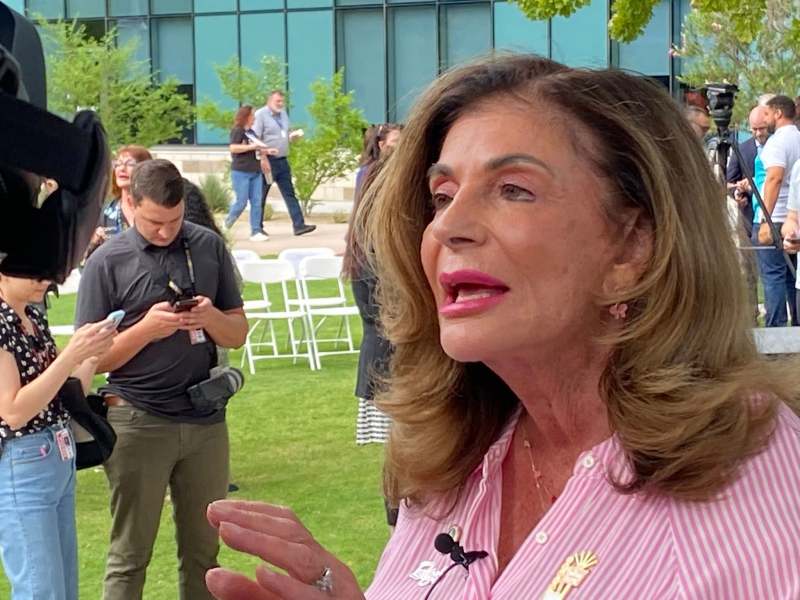
As Las Vegas continues to develop, it is crucial that city planners and leaders include public spaces in their vision for the future, alongside the lavish stadiums and arenas that have become synonymous with the city. The balance lies in crafting an identity that reflects not just the thrill of entertainment but also the warmth of community life.
